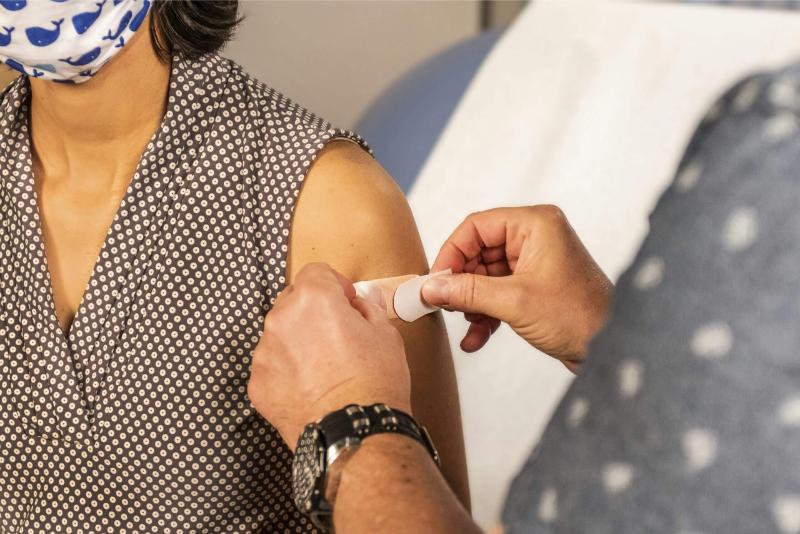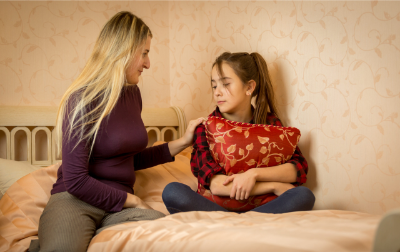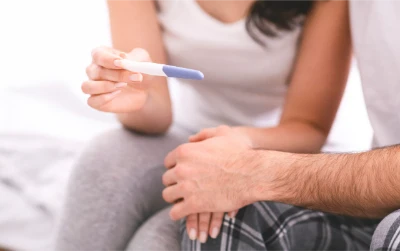News
Explore Our Health Insights
Stay informed with our latest health tips and news.

Managing Postnatal Depression
by
Dr Berlinda Png
•
November 5, 2025
Welcoming a new baby is one of life’s most joyful moments, but it can also bring unexpected emotional challenges.
Tips for Healthy Summer Skin
by
Dr Michael Hanson
•
October 5, 2025
Life in Australia means beach days, barbecues, and plenty of time soaking up the sunshine! But with some of the world’s strongest UV radiation right on our doorstep, taking care of your skin this season isn’t just smart – it’s essential.
Women’s Health at Every Age
by
Dr Hayley Glasson
•
September 1, 2025
Women’s health evolves through many distinct life stages, each bringing unique opportunities and considerations.
Preventing Common Injuries in Everyday Activities
by
Dr Berlinda Png
•
August 1, 2025
Have you ever pulled your back lifting a box, slipped on a wet floor, or developed neck pain from desk posture?
How to Stay Healthy Through Cold & Flu Season
by
Dr Meaghan Miller-McConochie
•
June 28, 2025
As winter approaches across the Illawarra, cold and flu season intensifies alongside the cooler weather.
Staying Well at Every Age: Essential Health Checks for Men
by
Dr John Deady
•
May 11, 2025
Men’s health encompasses the full spectrum of physical, mental and emotional wellbeing throughout life’s journey.
Food Intolerances: What To Watch For
by
Dr Amy Harkness
•
April 15, 2025
Is your child experiencing unexplained symptoms after meals? Unlike food allergies that cause immediate reactions, food intolerances can be subtle and difficult to identify, affecting up to 25% of Australians. Any age group can be affected, but it is a common concern for parents of young children.
Immunisations for Seniors: Why Vaccinations Are Vital
by
Dr Julie Blaze
•
March 27, 2025
Is your immune system working as well as it used to? Are your immunisations up to date? As we age, our body’s defence system naturally weakens, leaving us more vulnerable to infectious diseases and making vaccines less effective. This challenging combination makes staying up to date with your immunisation schedule especially important for seniors.
Menopause Matters
by
Dr Rebecca Goodman
•
March 1, 2025
Are you in your forties or fifties and noticing changes? Perhaps your periods are irregular, you’re feeling irritable, or experiencing sudden hot flushes at inconvenient moments. Maybe you’re waking at 3 AM, unable to get back to sleep. If this sounds familiar, you might be entering perimenopause or menopause.
Ozempic and weight loss
by
•
February 3, 2025
Ozempic is the trade name for the medication Semaglutide. It is a bio-similar medication to a gut hormone that regulates insulin responses to food and is the best known in the class of medications called glucagon-like peptide-1 (GLP-1) receptor agonists.
New sun exposure and protection guideline
by
Dr Luke Harvey
•
January 7, 2025
The new guideline aims to update advice about sun exposure and protection for Australia’s diverse population. The guideline was published in February 2024 and endorsed by leading experts in skin cancer including the Cancer Council. The guideline aims to balance the harms and benefits of sun exposure. The main risk of sun exposure is skin cancer, while the main benefit is that it allows your body to make vitamin D, which has many important functions including bone health.
Adolescent mental health – how parents can help
by
Dr Nikita Robins
•
December 2, 2024
Adolescents are increasingly struggling with poor mental health. The two most frequently cited issues thought to have had a negative impact on youth mental health are:
Fertility problems? See your GP
by
Dr Hayley Glasson
•
November 1, 2024
Discovering that it is not easy to fall pregnant can be stressful and concerning, but it is a common experience. Around one in six Australian couples have fertility difficulties. Seeking help from a trusted GP is an important first step in finding any underlying medical explanations, getting emotional support and considering medical assistance.
Schedule Your Consultation Today
Connect with us to discuss your healthcare needs and explore our services tailored for you.

Get in Touch
We are here to assist you with your needs.
Opening Hours
Monday to Friday
8am — 6pm
Saturday
8am — 12pm
Sunday
Closed
Book Online
Location
74 Park Road, Bulli NSW, 2516












